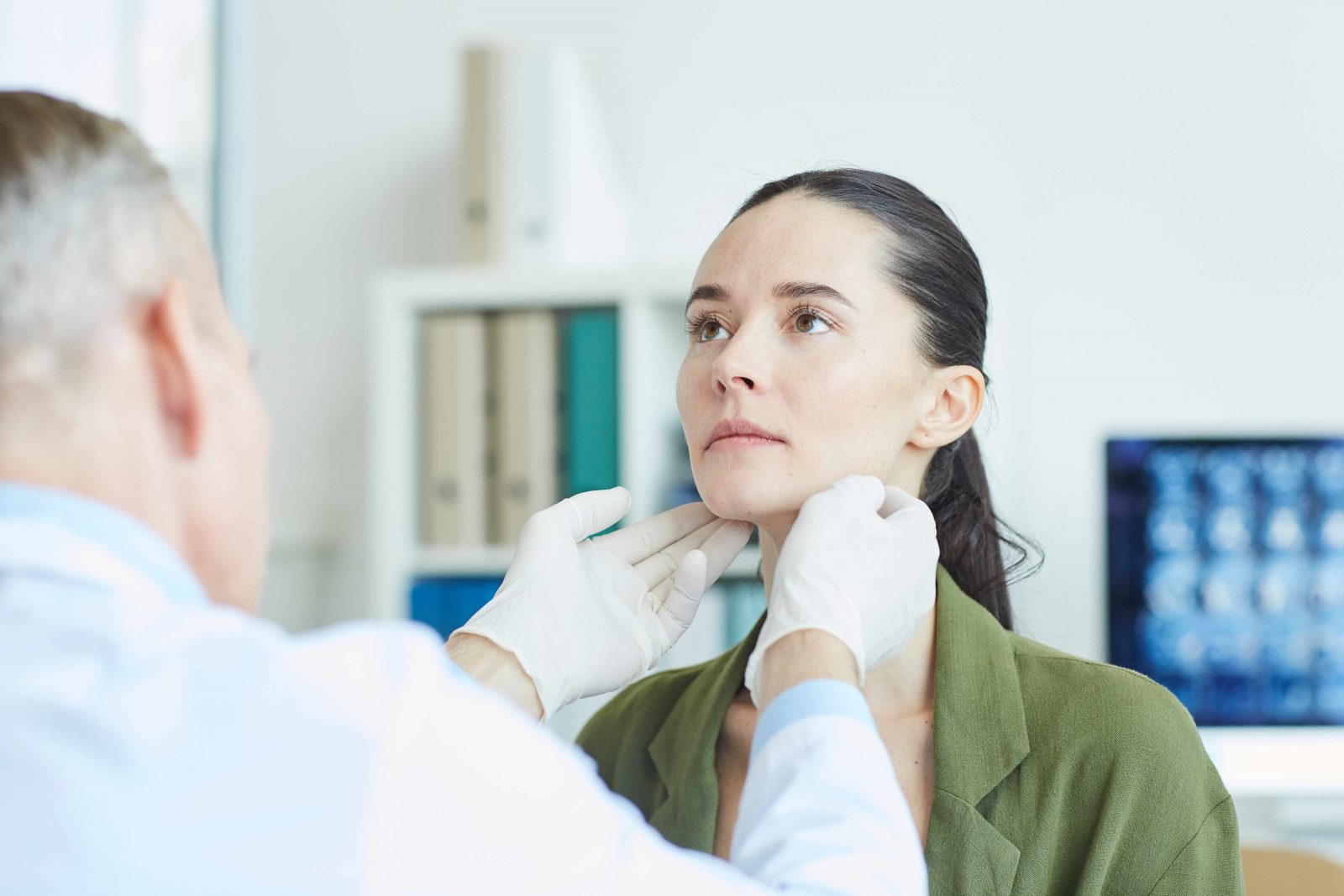Dr. Samuel Lin is a double board-certified Plastic Surgeon and Associate Professor of Surgery at Harvard Medical School who practices in Boston, Massachusetts. Dr. Lin received his Bachelor’s degree in Biomedical Engineering at Northwestern University and was enrolled in the Honors Program for Medical Education at Northwestern University, Feinberg School of Medicine, Chicago, Illinois. Dr. Lin is board certified by both the American Board of Plastic Surgery and the American Board of Otolaryngology-Head and Neck Surgery. Dr. Lin is board certified by two ABMS boards. He is Program Director of the BIDMC-Harvard Plastic and Reconstructive Surgery residency, and Co-Director of the Harvard Aesthetic and Reconstructive Plastic Surgery Fellowship at BIDMC. Dr. Lin has been a Boston “Top Doc” for several years in plastic surgery.
 Photo Credit: Shutterstock
Photo Credit: Shutterstock
If you are considering a facelift, you may have heard about hematomas. While still rare, Haute Beauty experts Natalie Hassell and Dr. Samuel Lin, MD, FACS. talk on the most common complication after a facelift. Here’s what they had to say:
A hematoma is a collection, or pooling, of blood outside of a blood vessel. During a facelift, small blood vessels are disrupted in the process of lifting and tightening the skin. When this happens, there is a small amount of bleeding that is carefully controlled during the surgery. Before the surgery ends, your surgeon carefully checks to make sure there is no bleeding before putting in the final stitches.
In rare cases, bleeding may restart or unnoticed bleeding may continue after the surgery ends. This bleeding creates a pooling of blood called a hematoma. Hematomas are estimated to occur after 0.2%-8% of facelifts.
After surgery, some bruising is very normal and will resolve on its own in a matter of weeks. Hematomas are different than regular bruises and are important to treat for your safety and optimal healing. A regular bruise is the result of a small amount of bleeding from broken blood vessels under the skin. Regular bruises may be tender to the touch, but they are flat and not particularly painful. A regular bruise will resolve on its own in a matter of weeks, classically starting as black and blue in color and changing to a more yellow-green color as they heal.
While hematomas are similar to bruises, unlike a regular bruise, hematomas are often firm and painful. When they are located close to the skin, a hematoma can present as a painful red, black, or blue lump. Since hematomas are often the result of ongoing bleeding, they can grow or expand in size. After a facelift, an expanding hematoma can put pressure on the skin, surrounding blood vessels, and other surrounding structures.
 Photo Credit: Shutterstock
Photo Credit: Shutterstock
If you suspect you may have a hematoma after a facelift, it is important to inform your surgeon right away. Even a small hematoma can interfere with your ability to heal. Large, expanding hematomas can be very dangerous since they can interfere with your ability to breathe by putting pressure on your airway.
Because of this, all post-facelift hematomas need to be addressed in some way. If the hematoma is very small, your surgeon may drain the hematoma with a needle and see you more frequently for appointments to closely monitor your healing. For all but the smallest hematomas, your surgeon may decide to take you back to the operating room to drain the hematoma and to control any ongoing bleeding that may have caused the hematoma in the first place.
While the thought of a post-facelift hematoma is scary, hematomas after facelift are rare. Board-certified plastic surgeons are trained in techniques to help prevent hematomas and know how to take care of patients in the event that a hematoma does develop. With proper care and early intervention, a hematoma is unlikely to significantly impact the cosmetic outcome of your facelift.
References:
- Tiourin E, Barton N, Janis JE. Methods for Minimizing Bleeding in Facelift Surgery: An Evidence-based Review. Plast Reconstr Surg Glob Open. 2021 Aug 12;9(8):e3765. doi: 10.1097/GOX.0000000000003765. PMID: 34395151; PMCID: PMC8360447.
For more information, visit Dr. Brian A. Levine's social media:

























